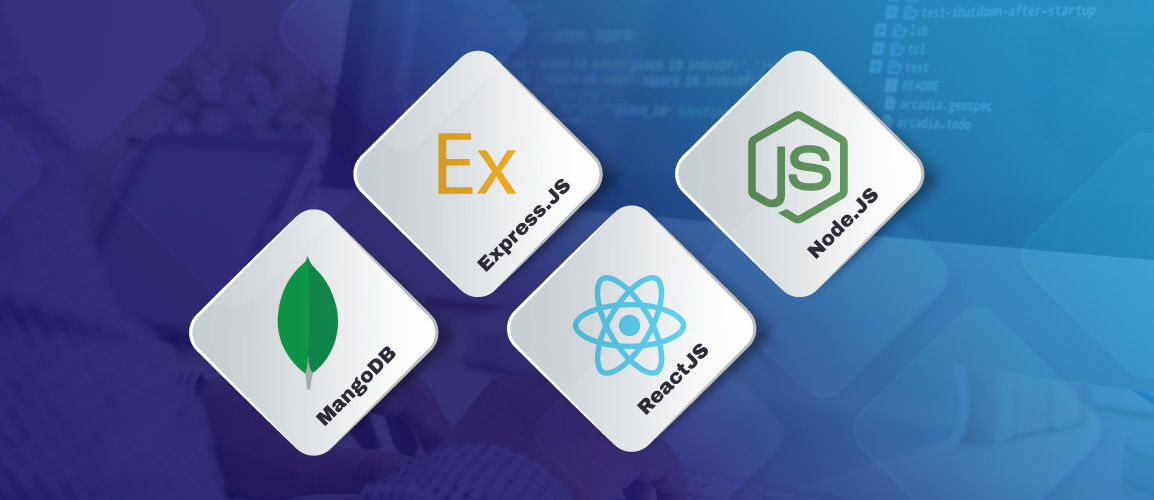MERN Stack | Techware
MERN stack is a popular technology stack used for building web applications. The term "MERN" is an acronym that stands for the four main components of the stack:
MongoDB: A NoSQL database that stores data in a flexible, JSON-like format called BSON (Binary JSON). MongoDB is known for its scalability, flexibility, and ease of use. It is particularly well-suited for handling large amounts of unstructured or semi-structured data.
Express.js: A minimal and flexible Node.js web application framework that provides a robust set of features for web and mobile applications. It is used for building the backend or server-side of web applications. Express.js simplifies the process of handling HTTP requests, routing, and middleware.
React.js: A JavaScript library for building user interfaces, developed by Facebook. React allows developers to create reusable UI components and build a dynamic, single-page application (SPA) that provides a smooth user experience. React uses a virtual DOM (Document Object Model) to efficiently update and render components.
Node.js: A JavaScript runtime built on Chrome's V8 JavaScript engine. Node.js enables developers to run JavaScript code on the server side, allowing for the development of server-side applications. It is commonly used with Express.js to build the backend of MERN stack applications.
When combined, these technologies form a full-stack development framework for building modern, dynamic web applications. MongoDB serves as the database, Express.js handles the server-side logic, React.js manages the client-side user interface, and Node.js provides the runtime environment for server-side JavaScript. MERN stack is known for its flexibility, scalability, and the ability to create responsive and feature-rich applications.

